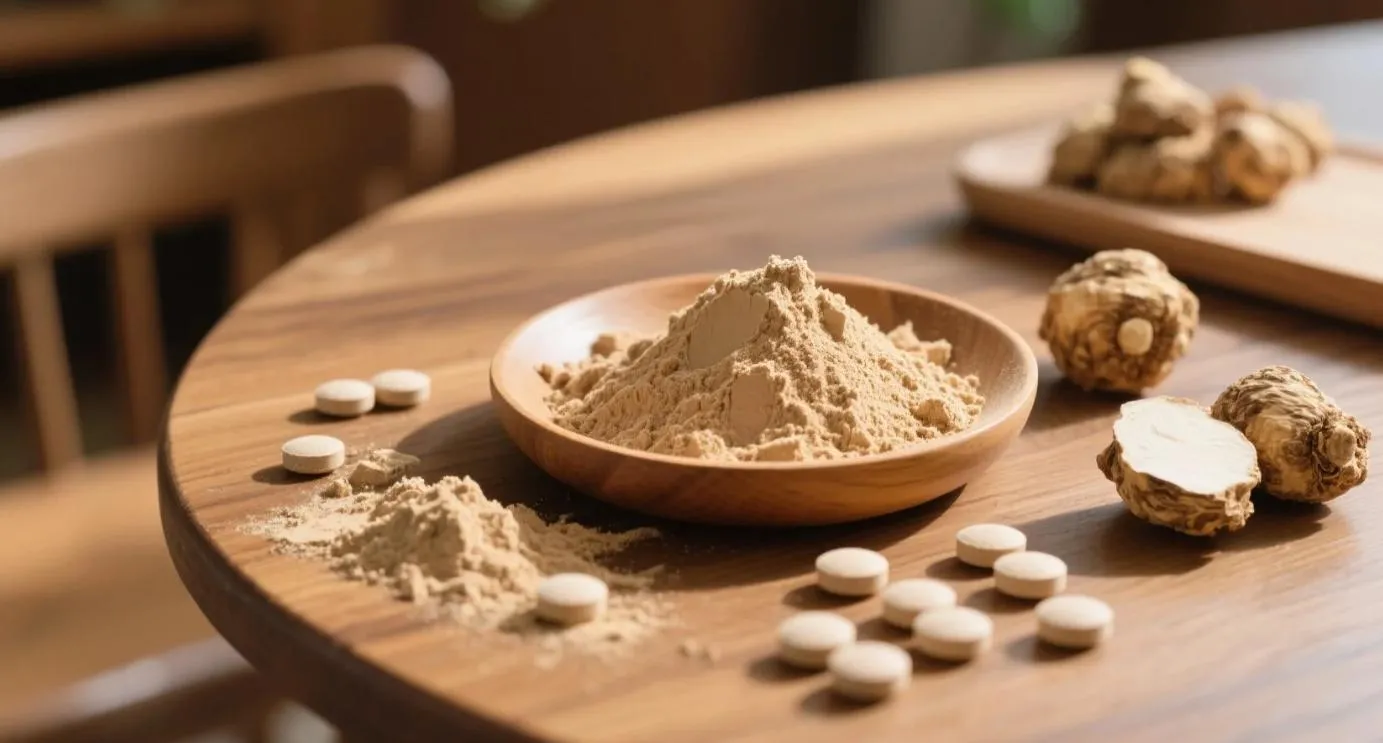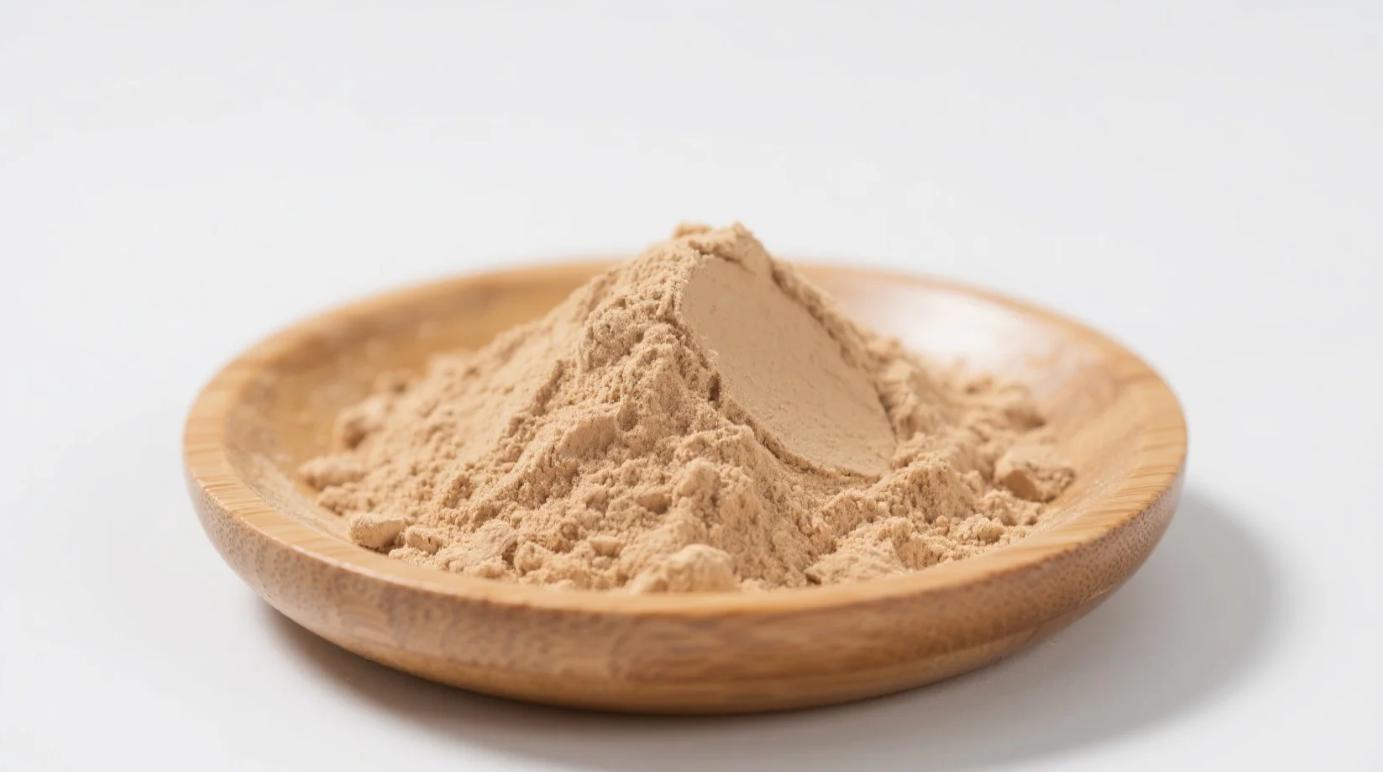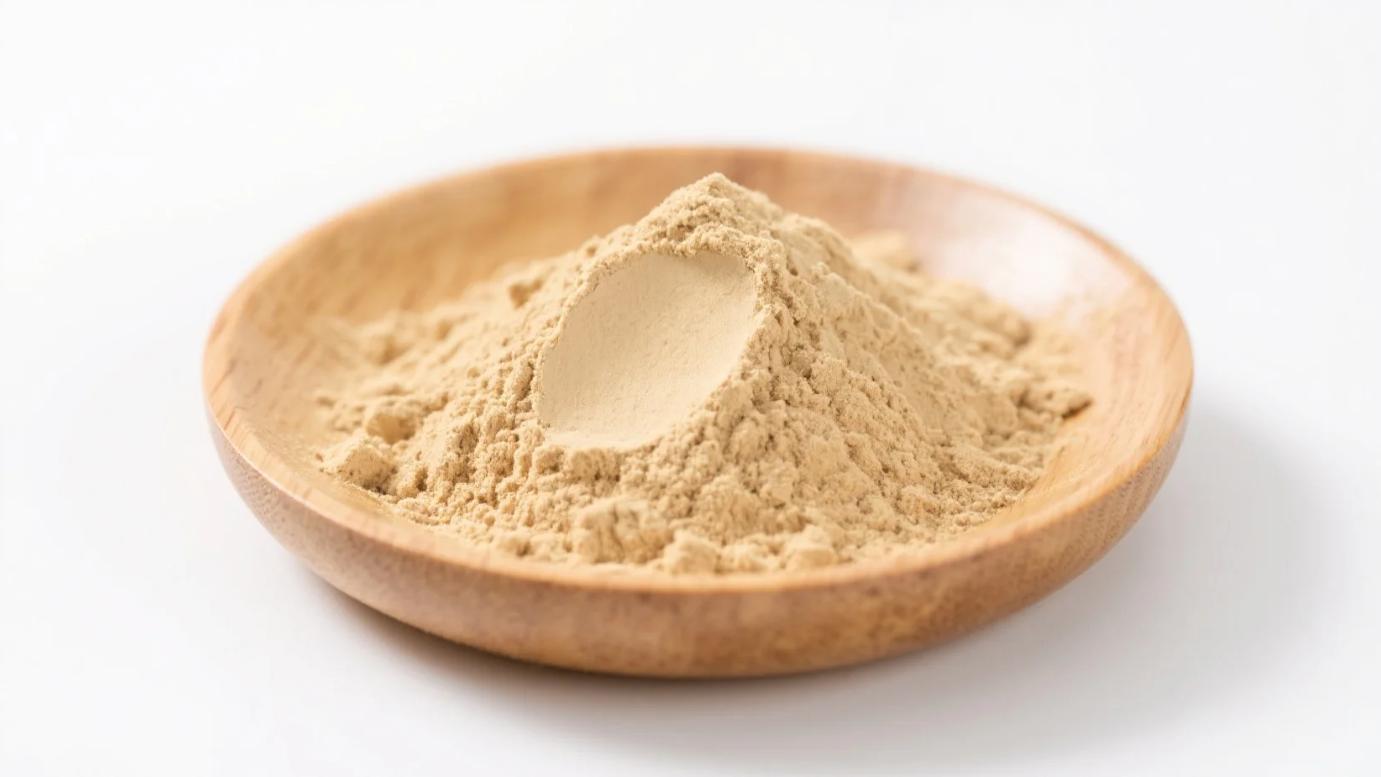Table of Contents
Maca root, a Peruvian superfood, has gained global fame for its energy-boosting, hormone-balancing, and stamina-enhancing properties. But as interest grows in organic maca powder, organic maca tablets, and organic maca extract, so do questions about safety. Are there side effects? Let’s separate fact from fear and explore how to use maca responsibly.

Maca’s Safety Profile: What You Need to Know
Maca is generally considered safe for most people when consumed in moderation. However, like any supplement, overuse or improper dosing can lead to unwanted effects. Here’s what to watch for with organic maca products:
Potential Side Effects of Maca
- Digestive Discomfort: High doses of organic maca powder (rich in fiber) may cause bloating, gas, or stomach cramps, especially when first introduced.
- Hormonal Sensitivity: Maca is an adaptogen that supports hormone balance, but those with thyroid conditions or hormone-sensitive cancers should consult a doctor before use.
- Sleep Disturbances: Overconsumption, particularly of organic maca extract (highly concentrated), may lead to restlessness or insomnia due to its energizing effects.
- Allergic Reactions: Rare but possible, especially in individuals allergic to cruciferous vegetables (e.g., broccoli, kale).
- Blood Pressure Fluctuations: Maca may mildly affect blood pressure. Monitor levels if you have hypertension or hypotension.
- Interaction with Medications: Limited evidence suggests maca might interact with hormone therapies or antidepressants. Always consult a healthcare provider.
Organic Maca Powder vs. Tablets vs. Extract: Side Effects Compared
| Factor | Organic Maca Powder | Organic Maca Tablets | Organic Maca Extract |
|---|---|---|---|
| Fiber Content | High (may cause bloating) | Moderate (compressed powder) | Low (fiber removed) |
| Concentration | Mild (1–3g per serving) | Standardized dosing | High (potent, fast-acting) |
| Risk of Overuse | Moderate (easy to adjust) | Low (pre-measured) | High (easy to over-consume) |
| Best For | Smoothies, recipes | Convenient daily use | Targeted support |
Why Organic Maca Minimizes Risks
Non-organic maca may contain pesticides or heavy metals from poor soil. Certified organic maca products ensure:
✅ No synthetic chemicals or contaminants.
✅ Sustainable farming practices.
✅ Safe processing to preserve nutrients and eliminate toxins.
How to Use Maca Safely
- Start Low & Slow: Begin with 1 tsp of powder (or 1 tablet) daily, gradually increasing to 3–5g.
- Time Your Intake: Avoid taking maca late in the day if it disrupts sleep.
- Cycle Usage: Take breaks (e.g., 5 days on, 2 days off) to prevent tolerance.
- Consult a Professional: Especially if pregnant, breastfeeding, or on medications.
Fresh vs. Organic Maca: Which Is Safer?
- Raw Maca Root: Rarely consumed raw due to potential digestive irritation.
- Organic Products: Gelatinized (cooked) maca powder/tablets/extract is safer, more digestible, and shelf-stable.
The Bottom Line
Side effects from organic maca are rare and often linked to overconsumption or pre-existing conditions. By choosing certified organic products, respecting dosage guidelines, and listening to your body, you can safely enjoy maca’s benefits:
- Enhanced energy and endurance
- Improved mood and hormonal balance
- Nutrient-rich support (iron, calcium, amino acids)
Ready to Harness Maca’s Power Responsibly?
Explore our premium organic maca powder for versatile recipes, organic maca tablets for easy dosing, or organic maca extract for concentrated vitality—all crafted with purity and your wellness in mind.
Elevate your health naturally, the smart way!
Related Products
Organic Maca Powder
A potent, finely milled powder from organically cultivated maca roots, revered for…
Organic Maca Extract Powder
A potent, highly concentrated extract derived from organically cultivated maca roots, specifically…



